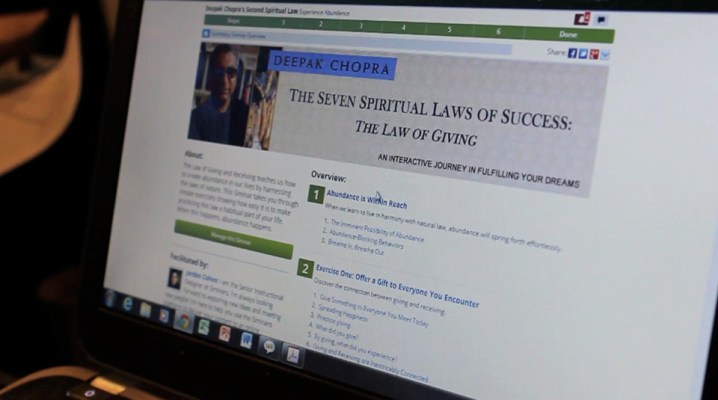The team at Siminars has developed what they call an “online platform with all the tools you need to build, publish and distribute highly effective courses.”
It means that rather than just using a written text to teach a concept, Siminars’ web platform lets a teacher of a subject tie together many different media types into one unified experience that steps a user through the learning process in an organized fashion.
The subject could be anything from an academic concept or a training procedure. The platform allows the teacher to create a series of steps to teach the concept that includes everything from reading text, to watching videos, to completing projects away from the computer and more.
To be clear, Siminars doesn’t seem to deliver anything that couldn’t be accomplished with multiple tools like Powerpoint, and various web quizes, but the concept here is that they bring it all into one platform so it is easy to use to teach and learn. It’s a one-stop-shop, so to speak.
Recently the startup inked a deal with Deepak Chopra to republish one of his books in this new learning format.
In terms of monetization, Siminars has three different models: Open, Retail and Private. The Open model is totally free. Anyone who wants to teach something for free can do so with the platform.
However, if a teacher decides they want to comercialize their content, then they can sign up for the Retail program where Siminars takes 20 percent of each content purchase. The private model is yet another model where a company may want to offer internal training to small teams or to an entire enterprise. It’s a tiered model based on the number of users.
In general, this seems to be a valid approach and holistic way to streamline teaching subject matter. I could see how there could be appeal for businesses and educational institutions. The only hang-up I could see in the primary/secondary educational route would be maintenence of a pricing scheme that fits in with tight educational budgets.
